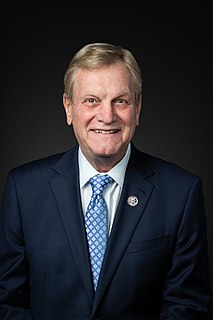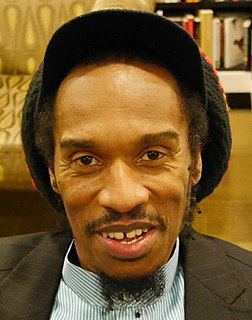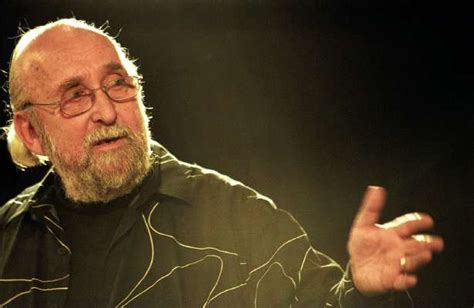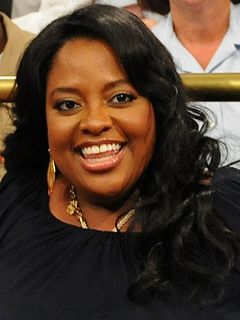A Quote by W. H. Auden
The Americans are violently oral. That's why in America the mother is all-important and the father has no position at all -- isn't respected in the least. Even the American passion for laxatives can be explained as an oral manifestation. They want to get rid of any unpleasantness taken in through the mouth.
Related Quotes
I made some friends at Listerine and they taught me a little bit about oral care. That half of adults suffer from oral disease, that the number one chronic disease among children is oral disease, that we're only taking care of 25% of our mouths when brushing alone and there are more germs in your mouth than there are people on the planet.
My book, Oral History: Understanding Qualitative Research is about how researchers use this method and how to write up their oral history projects so that audiences can read them. It's important that researchers have many different tools available to study people's lives and the cultures we live in. I think oral history is a most needed and uniquely important strategy.
Moreover, it is so important that people have the opportunity to share their stories and have them documented. There have been large-scale oral history projects after many events, from September 11th to Hurricane Katrina. Many oral history projects are much more confined, but equally valuable. We can learn about different working conditions, living conditions, trauma experiences and much more through oral history.
The president is on national TV apologizing for getting oral sex. Why didn't he just stick with his lie? You got to stick with your lie. If you lie, you have to believe that lie whole-heartedly. It has to become the truth for you. But this man, the most powerful man in the world, is on national TV apologizing for receiving oral sex. He's an idiot. There are men sitting in here right now who would gladly accept oral sex on national TV.
We live in a society that is in transition from oral to written. There are oral stories that are still there, not exactly in their full magnificence, but still strong in their differentness from written stories. Each mode has its ways and methods and rules. They can reinforce each other; this is the advantage my generation has - we can bring to the written story something of that energy of the story told by word of mouth.
I'm saying that the domain of poetry includes both oral & written forms, that poetry goes back to a pre-literate situation & would survive a post-literate situation, that human speech is a near-endless source of poetic forms, that there has always been more oral than written poetry, & that we can no longer pretend to a knowledge of poetry if we deny its oral dimension.





































